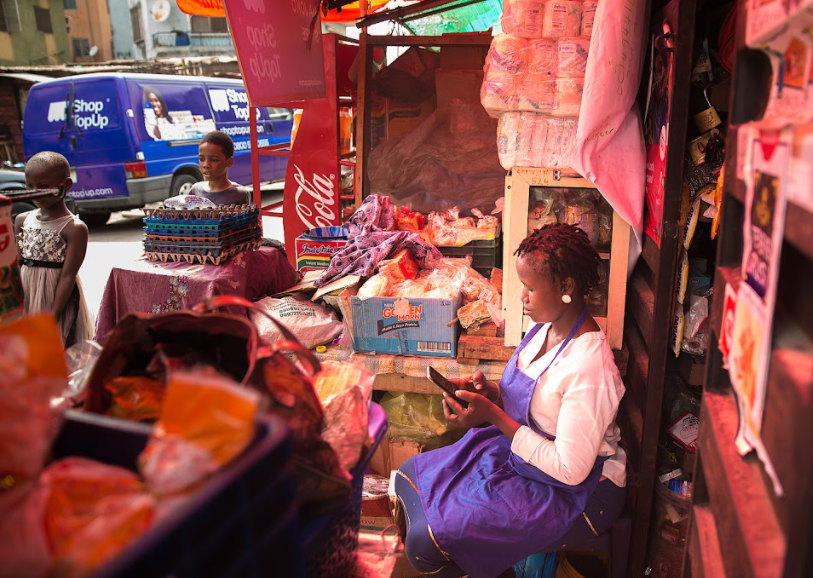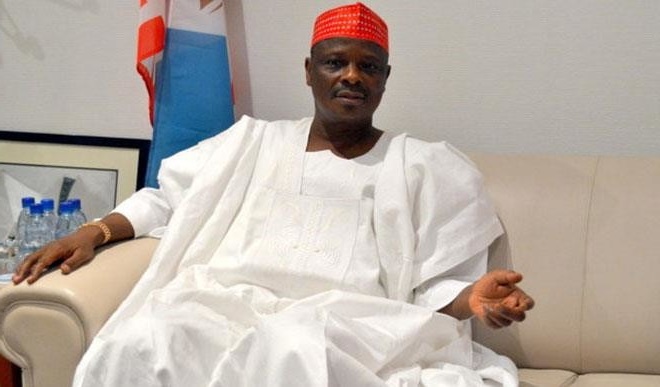BY JAMLICK KOGI
According to the director-general of the World Trade Organization (WTO), Ngozi Okonjo-Iweala, the removal of trade barriers worldwide will help tackle the climate crisis. She said developing countries need assistance from developed countries in the form of climate finance to cope with the effects of extreme weather.
Okonjo-Iweala’s stance shows that removing trade barriers would help tame climate change. However, tackling the adverse effects of climate change and ensuring Africa has food security should come first instead of trade policies. Food security would position Africa for the effective implementation of free trade. Many African nations have witnessed extreme weather effects such as drought and flooding, which affect food security. Climate disasters cause reduced crop yield and also raise the cost of trading.
Climate change can negatively impact the four pillars of food security: availability, access, utilization, and stability. Africa needs to safeguard food security in the face of climate change to tame the increasing decline in the food supply. Over 155 million people faced acute food insecurity, according to the 2021 Global Report on Food Crises (GRFC).
Advertisement
African countries need to partner with developed nations to combat the adverse effects of climate change. Some countries, like Kenya, claim to have made significant progress, but more needs to be done. Cumulative rainfall was less than 55 to 70 percent of normal across much of Kenya in 2021, and the short rains experienced between October and December have largely failed. Northeastern and Coastal regions might receive near average rainfall according to the March-April-May 2022 “long rains” forecast.
The starting point should be for governments to commit to the Paris Agreement, a binding international treaty on climate change. Countries party to this agreement agreed to put in measures to limit global warming to below 2 degrees Celsius above pre-industrial levels. Each country should adhere to its submitted plans. Developed nations should honour their pledge as outlined in the Paris Agreement to support developing nations to mitigate and adapt to adverse effects of climate change.
Kenya, for example, commits 13% to its nationally determined contributions (NDC) budget and requires international support to meet 87% of the budget. Now, Kenya is at the frontline in the generation and use of clean and renewable energy as per its NDC. Kenya ranks 40th worldwide according to a 2021 report by Ernst and Young (EY), and over 90% of the total energy produced in Kenya is clean. It is pertinent for other African nations to follow suit in mitigating climate change.
Advertisement
Also, a change of farming routine can help improve food security. Farmers should be empowered with drought-resistant crop varieties and be encouraged to diversify crop farming with modern livestock rearing. African governments need to put proper drought mitigation and management plans to curb the perennial recurrence.
Improved agricultural water management and sustainable livestock management would ensure food supply and security. In addition, promoting agrobiodiversity will help in local adaptation and resilience.
There is a need to sensitize citizens through various platforms, including newspapers, television broadcasts, and other digital platforms. The media can partner with experts and thought leaders in this endeavour. The government, private sector, and citizens would be well informed of the effects of climate change and their respective roles to play.
Merchandise trade could also help mitigate climate change by distributing climate-friendly tech. By controlling climate change and gaining food security, African countries would be better positioned to tap into the great benefits of the African Continental Free Trade Area (AFCTA), such as increasing employment opportunities.
Advertisement
To cap it all, it is ideal for each African country to take specific measures to curb climate change. Africa must address the issue of climate change and food security first to realize the AFCTA objectives.
Kogi is a writing fellow at the African Liberty
Views expressed by contributors are strictly personal and not of TheCable.
Add a comment






